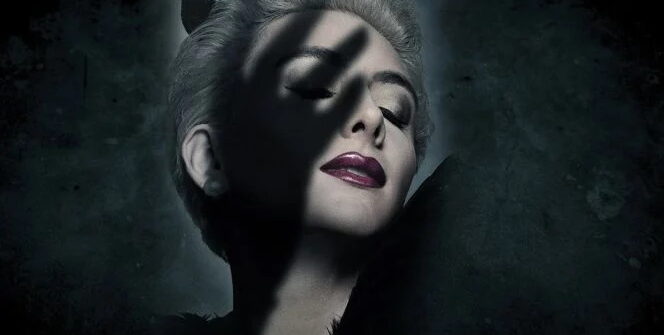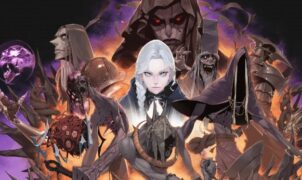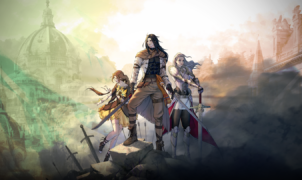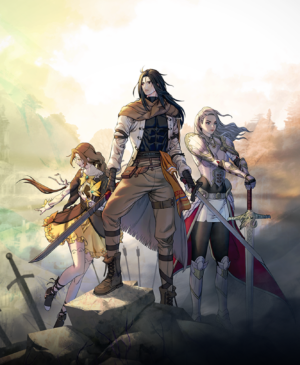MOVIE NEWS – Neil Gaiman has listed precisely what types of people he thinks complained about the diversity of The Sandman. He says they should read the comics.
Neil Gaiman has spent almost as much time battling online trolls as he has promoted his Sandman series on Netflix since the fantasy series debuted this year. Even now, with the first season having wrapped up a few months ago and the second season in development, Gaiman is still trying to explain that the casting decisions in the series are all in his comics. If people are interested, they should read them before sharing their opinions online.
When The Sandman first arrived on Netflix, some people criticised it for having black actors play the characters, changing the gender of some characters, etc.
Although Gaiman admittedly tried not to respond to most of the complaints, he found himself constantly fighting back. He tried to deflect attention away from petty complaints about who should and should not have been in the show and to simply let people enjoy the show. He recently reaffirmed his stance on the casting of non-binary star Mason Alexander Park and Kirby Howell-Baptiste when he was interviewed by Inverse. Here’s what he said:
“Oh, and occasionally, you get people shouting at us for having made up all of these gay characters who weren’t in the comics…”
“…and then we’d go ‘Have you read the comics?’ And they’d go ‘No.’ And we’d go, ‘They were gay in the comics.’ And they’d go ‘You’re just woke and nobody is going to watch your horrible show.’ And then we went Number 1 in the world for four weeks. And they went ‘It’s all bots! We hate you. You’re woke.’ It’s a weird silliness. These complainers don’t like gay people, they don’t like Black people, and they don’t like women. And if you look at their profiles, they don’t like vaccines, they don’t like Democrats, and they’re not big on voting.”
So why do diversity on the screen bothers some people?
That is the eternal question, and there is far from a satisfactory answer for everyone. Hollywood is trying to make minority groups more visible, from skin colour to gender and sexual identity. In doing so, several casting decisions have caused friction on the part of individuals and, predictably, on social media in general.
Today, very few films and TV shows are made without at least one black or Asian protagonist, a character who identifies with the LGBTQ+ community, a prominent female character and so on.
This is a well-received change in the industry in general. But when it involves changing characters to fit specific parameters, that’s where social media takes a dark turn. Some have argued that equality and diversity in movies shouldn’t just mean taking a well-established character and changing it to fit a box-ticking task. Perhaps more should be done to create new iconic characters.
Source: Inverse







![[TGA 2025] Star Wars: Galactic Racer Focuses on High-Stakes Podrace Runs [VIDEO]](https://thegeek.games/wp-content/uploads/2025/12/theGeek-Star-Wars-Galactic-Racer-302x180.jpg)








Leave a Reply